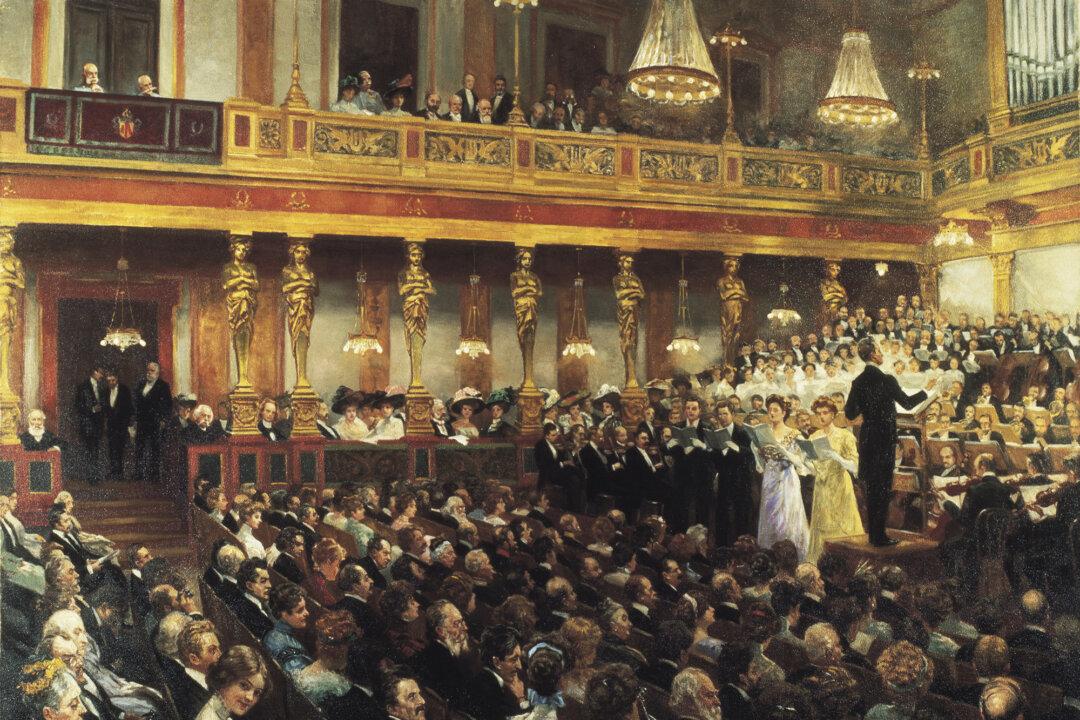My sister recently organized a church event just for boys—an event where they could spend time together playing sports while also learning important truths from older males. She purposely left the girls out, wanting to give boys an occasion where they didn’t have to compete with the opposite sex for time and attention.
Judging from the engaged attention and interest I saw from the boys as I sat on the sidelines, my sister was absolutely right in her assessment. A single mom sitting with me further confirmed this, exclaiming several times how good it was for her sons to have guy interaction like the type we were watching.






